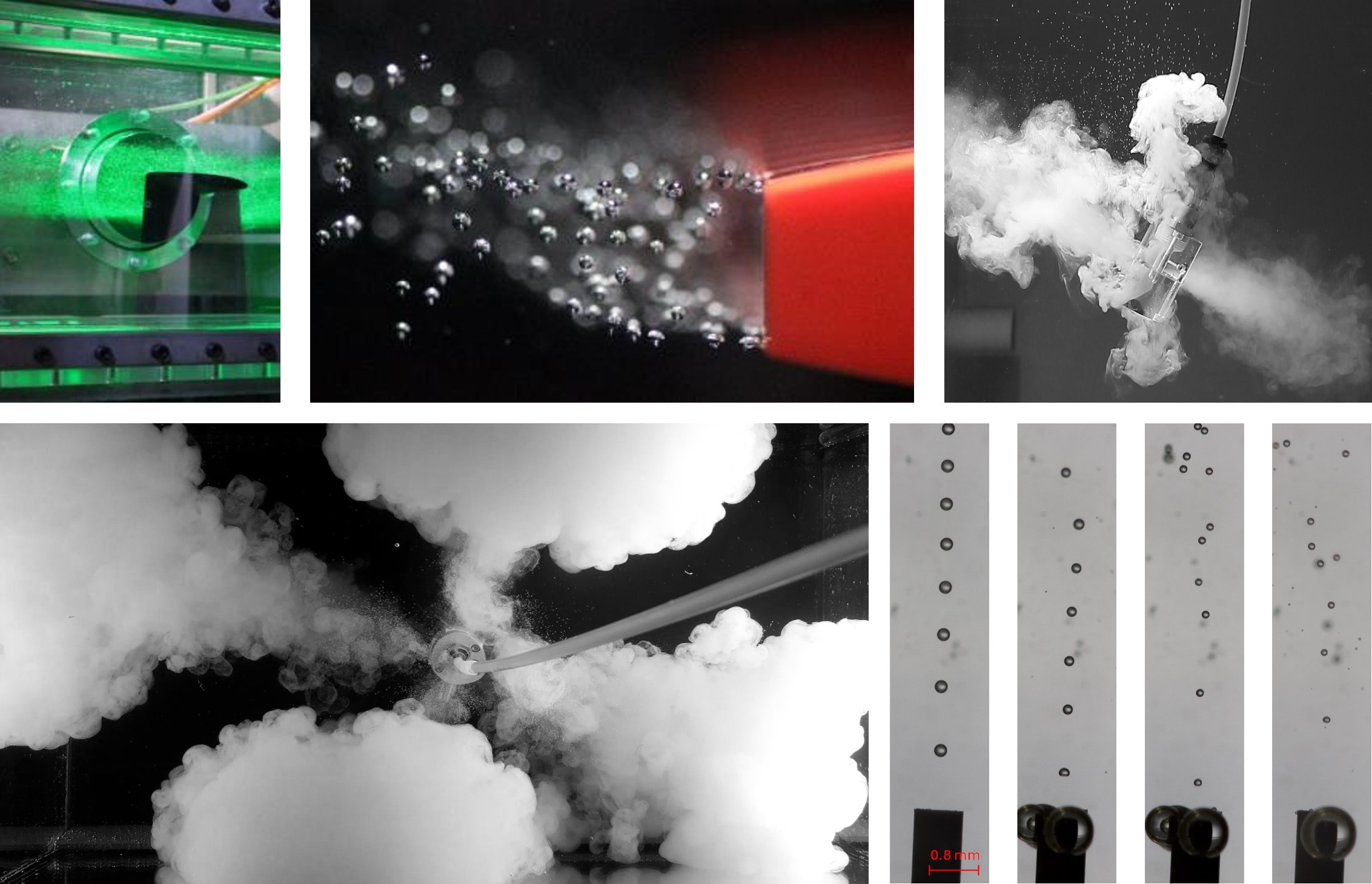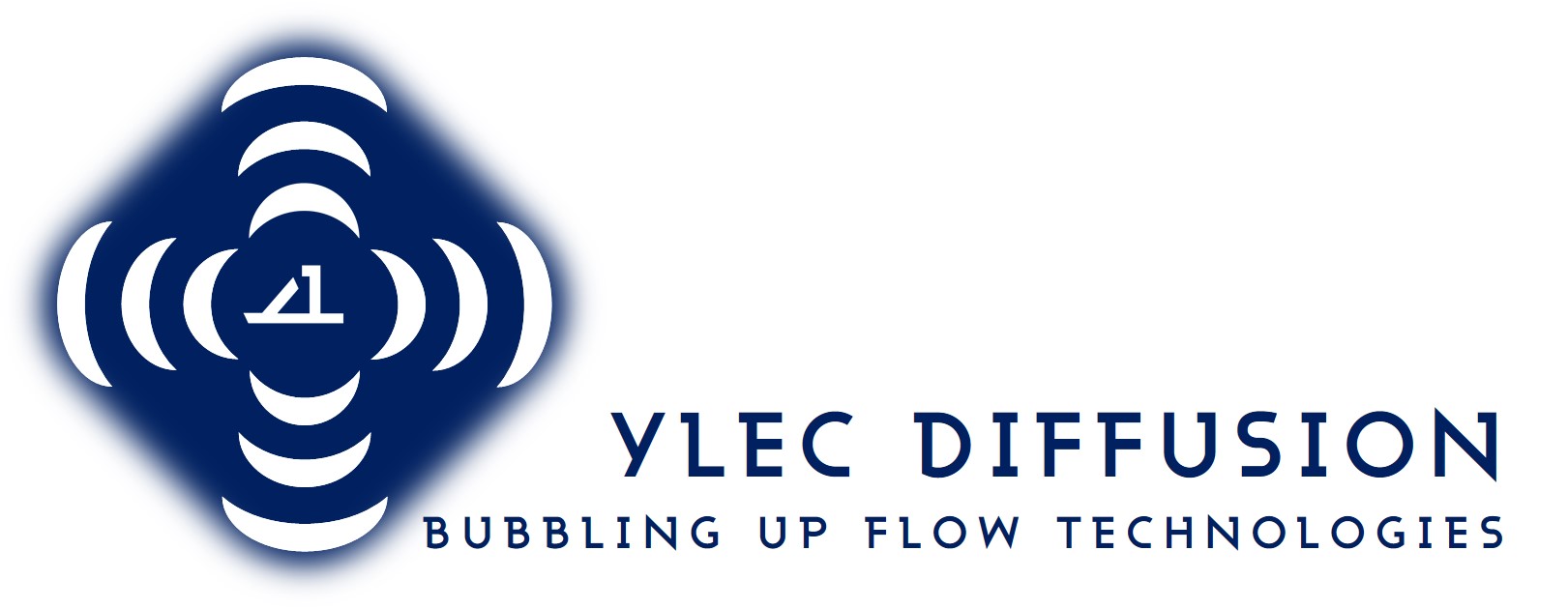Bubbles and Microbubbles solutions
YLEC's expertise:
On the basis of numerous challenging experiences to fulfill customers' requirement, YLEC Consultants has built up a wide expertise in the study, the development and the experimental qualification of specific solutions for bubbles and microbubbles generation.
For several years, YLEC has been supporting industrials, university and private laboratories in the development of facilities for the generation of bubbles and microbubbles adapted to their specifications.
From this unique know-how, YLEC has developed several standard products that we market for multiple applications and more specifically for research and test laboratories:
- Microbubbles Cloud Generator: CARMIN
- Single-Size Bubbles Generators: LAMYLEC and MILLYLEC
- In-Line Microbubbles Generators: CIMYLEC and DIACAP

They use our microbubbles generators:
Some renowned customers: Stanford University (USA), Boston Scientific (USA), Shell (India), Bosch (Germany), Total Energies (France), AREVA-ORANO (France), CNRS Centre National de la Recherche Scientifique (France), CEA Commissariat à l'Energie Atomique (France), SUEZ (France), Veolia (France), DGA Direction Générale de l'Armement (France), Australian Maritime College (Australia), Johns Hopkins University (USA), EPFL Ecole Polytechnique Fédérale de Lausanne (Switzerland), Peking University (China), University of California Berkeley (USA), Arizona State University (USA).
Our standard solutions:
We offer 7 different technologies covering a wide range of needs in the field of bubble and microbubble generation. Our generators offer controlled operating conditions, in particular with regard to bubbles diameter and injected gas flow rate.
Standard brochures of all our microbubbles and bubbles technologies are available on demand.



